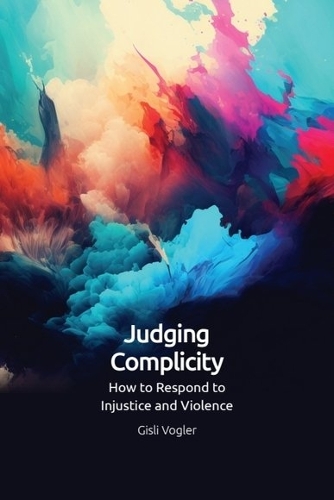
Judging Complicity: How to Respond to Injustice and Violence
(Paperback)
Publishing Details
Judging Complicity: How to Respond to Injustice and Violence
By (Author) Gisli Vogler
Edinburgh University Press
Edinburgh University Press
9th April 2026
United Kingdom
Classifications
Professional and Scholarly
Non Fiction
International relations
Social and political philosophy
Political structures / systems: democracy
Physical Properties
Paperback
200
Width 156mm, Height 234mm
Description
How can those profiting from inequality, racism, human rights violations and climate change respond to their complicity in injustice and violence In this book, Gisli Vogler argues that we need an improved conception of judging complicity under conditions of both plurality and inescapable social conditioning.
Bringing Hannah Arendt's account of political judgement into dialogue with Margaret Archer's theory of social conditioning, Vogler formulates a new framework what he terms an 'ethos of reality' for understanding how people may judge and respond to their entanglement in injustice and violence. Such a theoretical argument is tested through a case study on the complicity of consumers in the plastic pollution caused by the food and drink industries. Additionally, Vogler analyses the interviews and writings of Nobel Laureate Herta Mller, whose lived experience of the Romanian dictatorship constitutes an example of good judgement on complicity. This book persuasively demonstrates the potential for an 'ethos of reality' to contribute to key contemporary debates on complicity and moral responsibility.
